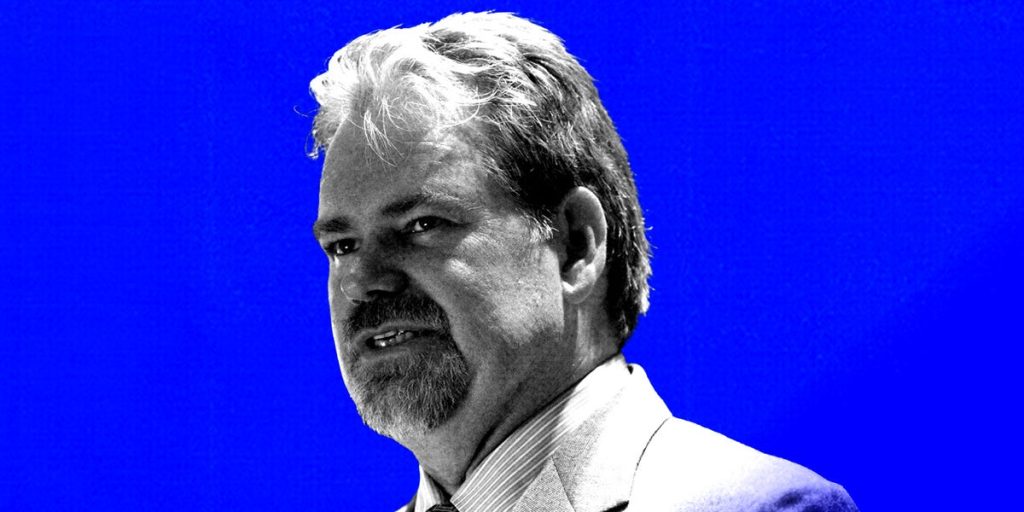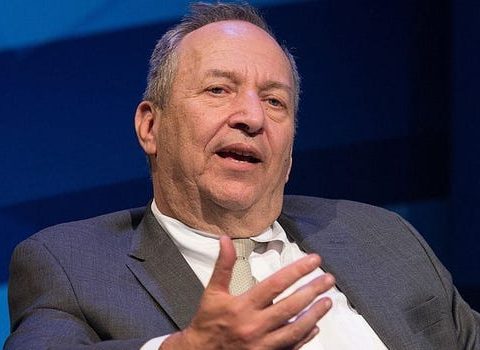Ben Gibson’s Experience with Job Termination at the VA
Ben Gibson transitioned from Idaho to Washington, DC, to serve with the US Department of Veterans Affairs. However, just five months into his new role, DOGE terminated his employment, impacting thousands of others in similar probationary positions. Gibson described the shocking moment he received an email stating his termination was effective immediately, leaving him with a lack of clarity.
A Journey into Federal Service
At 46 years old, Ben reflects on his background: he served in the US Navy for over eight years before spending nearly five years as a technical communicator in the private sector. Following a layoff in August 2023, he found himself at a crossroads with two job offers: a federal position with the Department of Veterans Affairs in Washington, DC, and a promising six-figure remote job in private equity.
After thoughtful discussions with his family, he chose the federal role, inspired by its mission and the prospects of a stable career with retirement benefits.
Unexpected Termination
On February 13, just after returning home from work, Gibson received the shocking email confirming his termination due to his probationary status. The surreal experience left him feeling devastated and confused. He had relocated to DC with plans for his family—his wife and son—to join him once the school year ended, and he had already begun his work with the Office of Enterprise Integration at the VA.
The office aimed to analyze executive branch mandates, develop policies, respond to congressional inquiries, and oversee governance, all while focusing on program development. Gibson expressed deep satisfaction in his work and his team’s remarkable talent.
Facing the Fallout
When the initial communications regarding the deferred resignation packages circulated, Gibson was in disbelief; he had hoped the VA would remain insulated from mass layoffs. With no performance review ever conducted for him, the notion of his termination felt absurd. Even his direct supervisor thought he was joking when he informed her of his dismissal.
With no severance and no formal paperwork to sign, he returned to the office the following day to retrieve his belongings, exchanging quick farewells with colleagues.
Taking Action and Moving Forward
In the wake of his termination, Gibson joined a group chat with affected coworkers to share resources and filed an appeal with the US Merit Systems Protection Board. Although he hoped for a reversal, financial pressures compelled him to leave DC and return to Idaho, where his family was located.
Reflecting on his decision, part of him regrets not accepting the deferred resignation package, though he maintains that he loved his job and doesn’t regret taking the risk.
A Skeptical Future with the Government
Gibson’s faith in the government has diminished as he contemplates the implications of such terminations on veterans’ services. With no clear response from the VA following a March 12 ruling ordering restoration of fired probationary employees, he is uncertain about his next steps. If reinstated, he would be open to returning under conditions that ensure job security and the option for remote work.
Seeking Stability in the Private Sector
Currently, Gibson is exploring opportunities in state, local, and private sectors. His prior experience in the private sector offered a clearer support structure during layoffs, highlighting the differences in treatment between private and government employment.
As his current situation unfolds, he acknowledges that he is not alone in facing these challenges, with many others affected by similar firings. He believes this trend may hinder the VA’s ability to serve veterans effectively and hopes to be proven wrong in the future.









